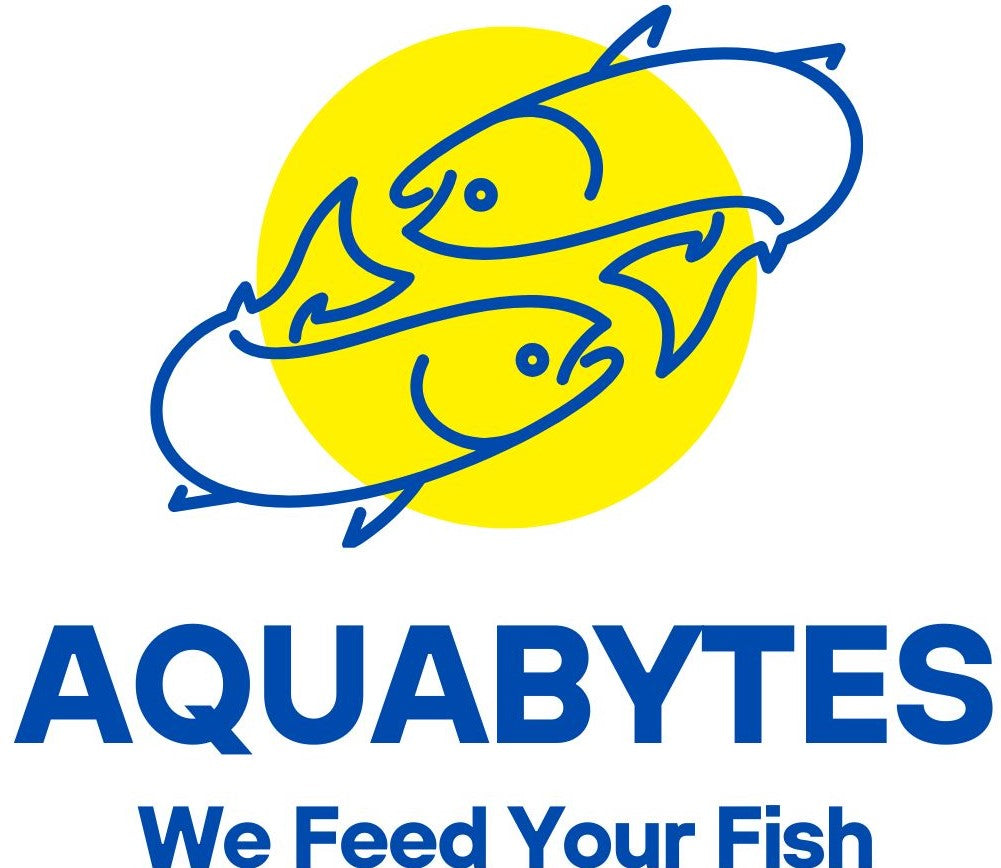




Just Raw Phytoplankton ... Like Nature Intended
PhytoPaste has acted as the primary diet for zooplankton, rotifers, copepods small crustaceans, corals and more in the home aquaria
-

1. Growing out phytoplankton in an enclosed facility
Controlling optimal growth conditions involves maintaining factors, such as temperature, light intensity, and photoperiod.
-

2. Mechanical Separation
The phytoplankton cells are split from the rest of the solution, such as water or culture media.
-

3. Phytopaste is Born
A dense dark green paste containing billions upon billions of phytoplankton cells in this petri dish alone

Reliable Dosing and Sterile Sourcing
Batches are regularly tested for quality assurance, cell density and sourced to minimalise contamination










